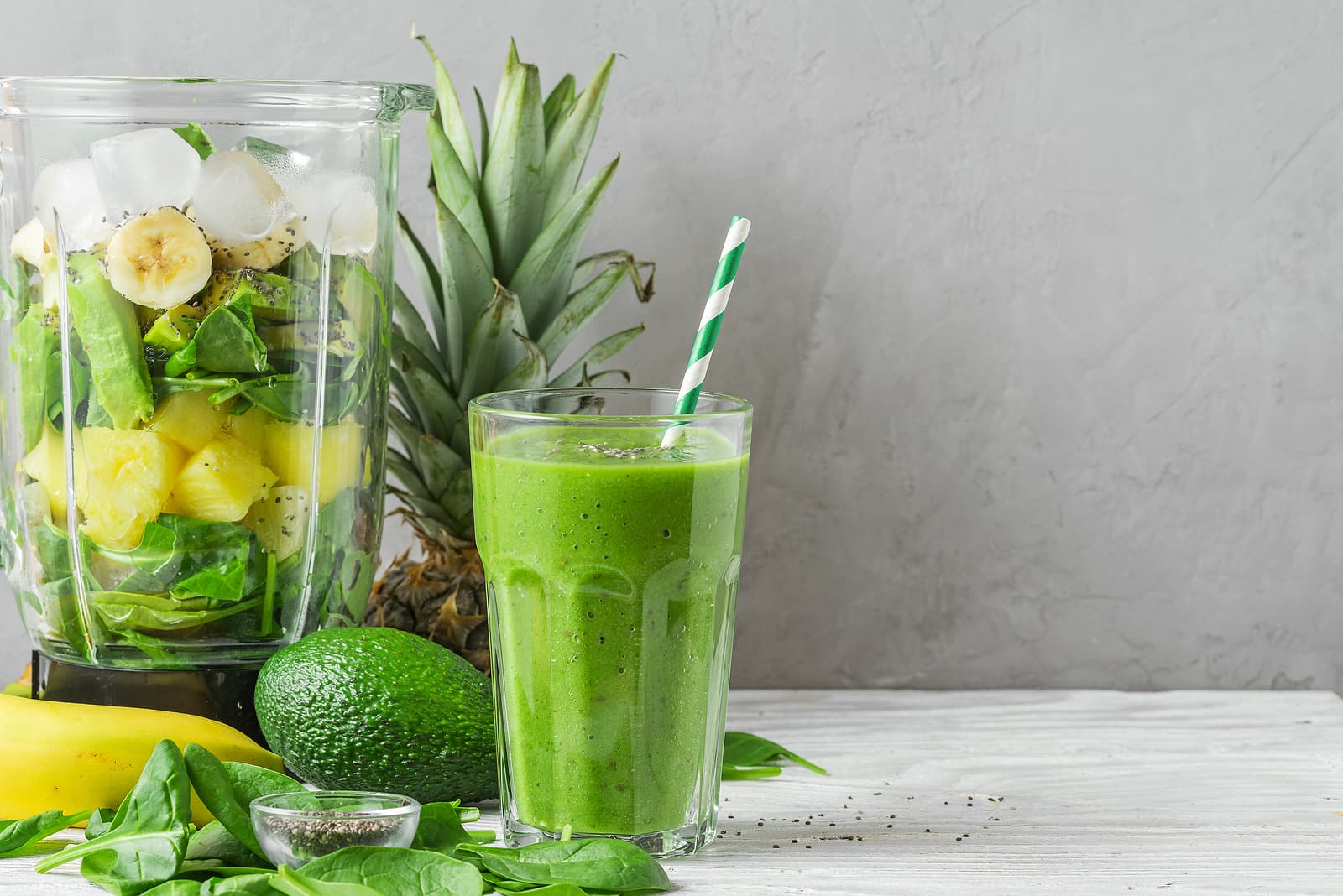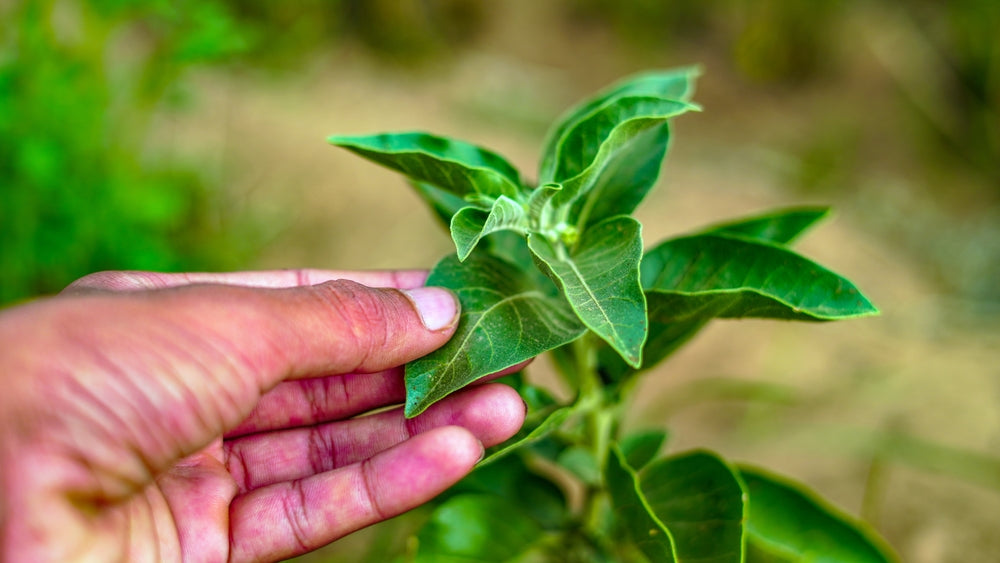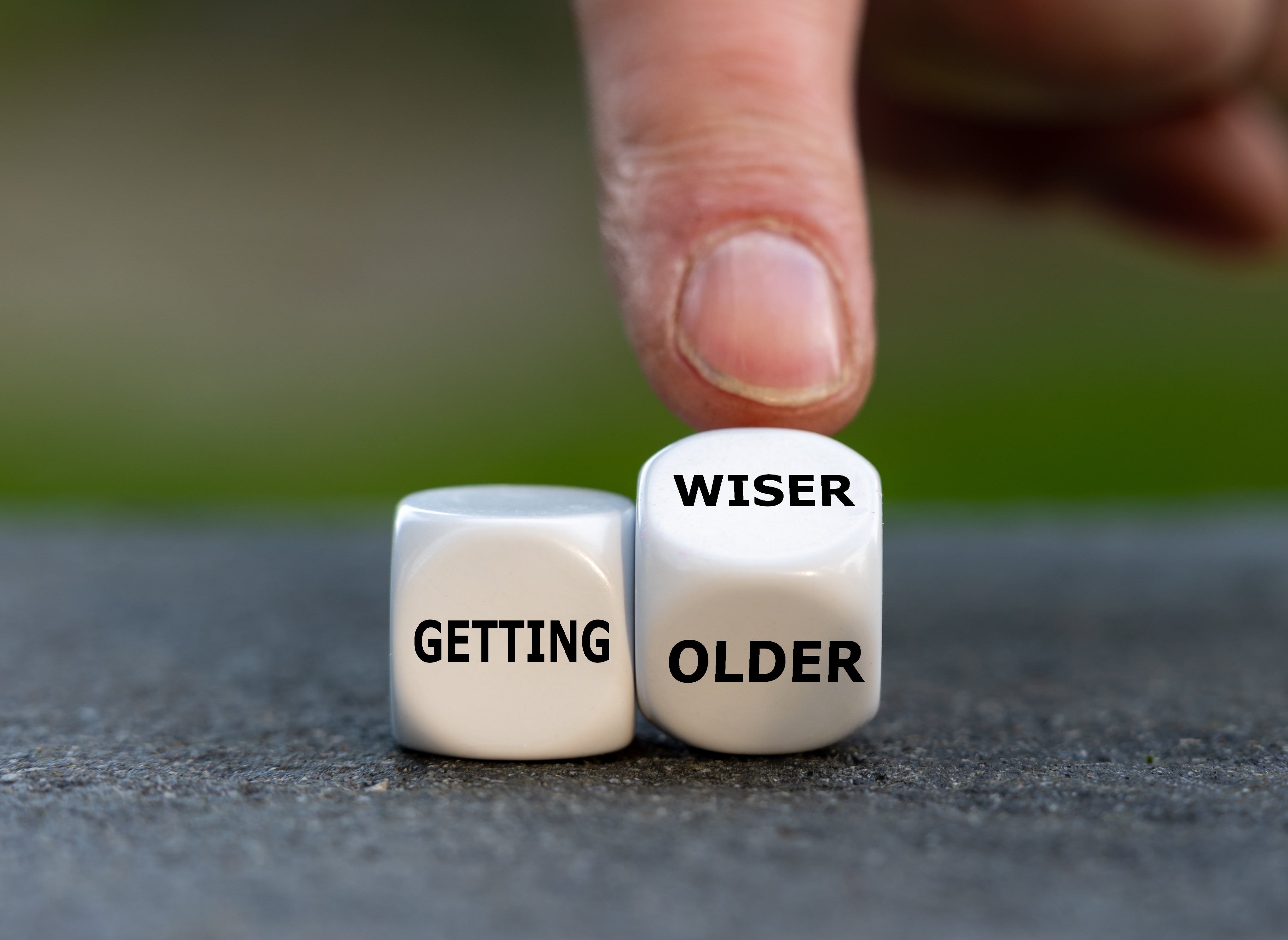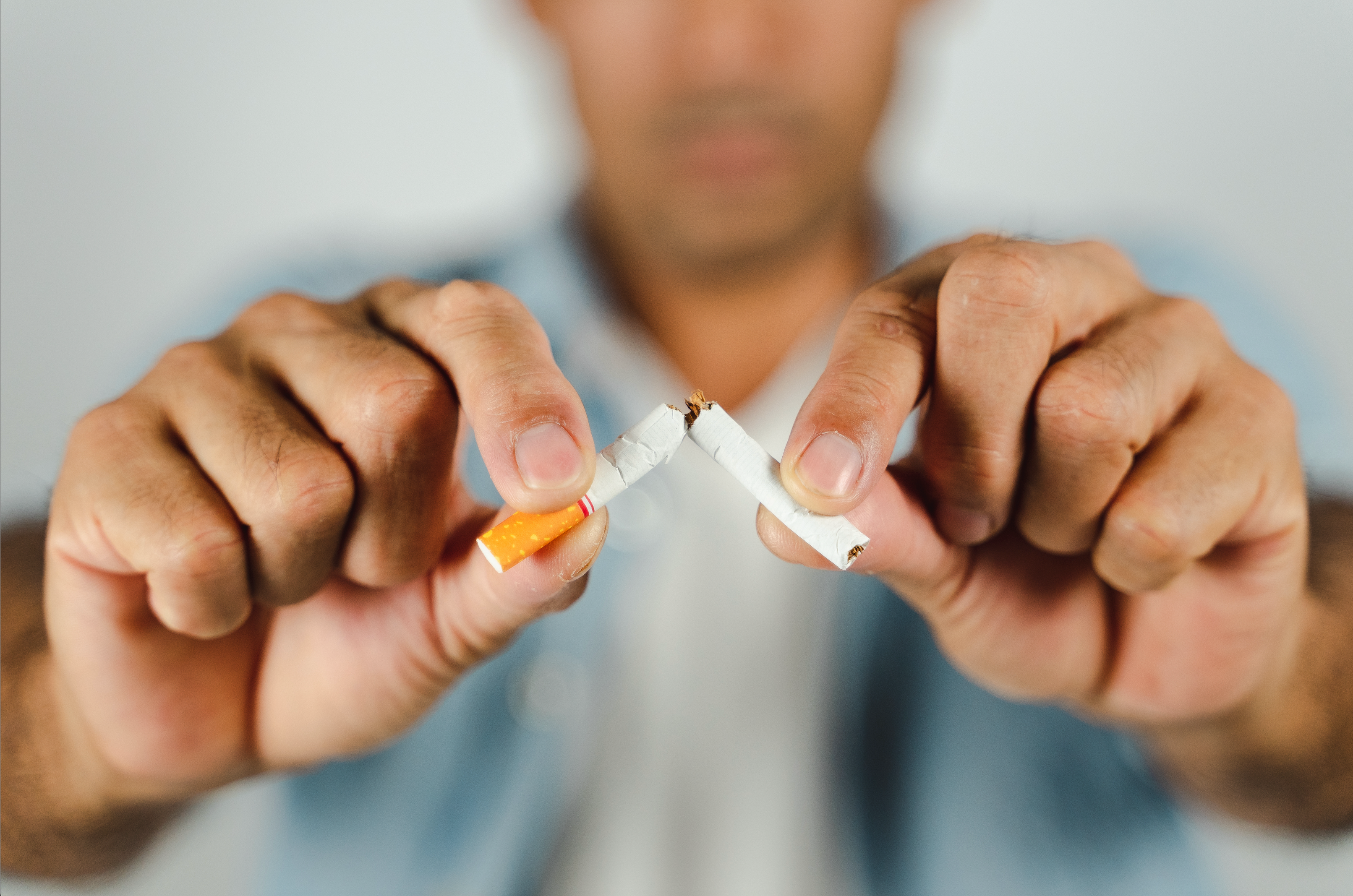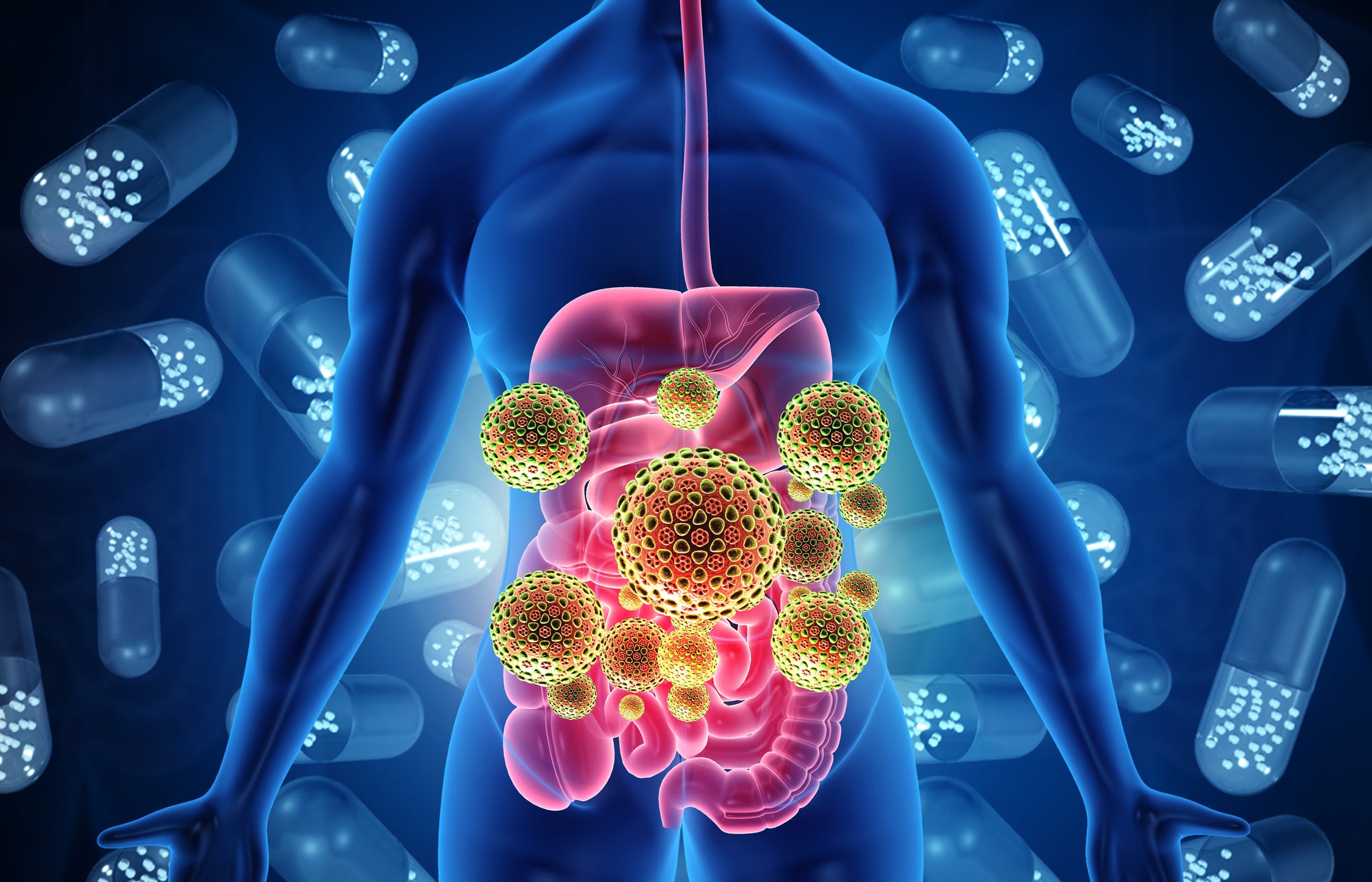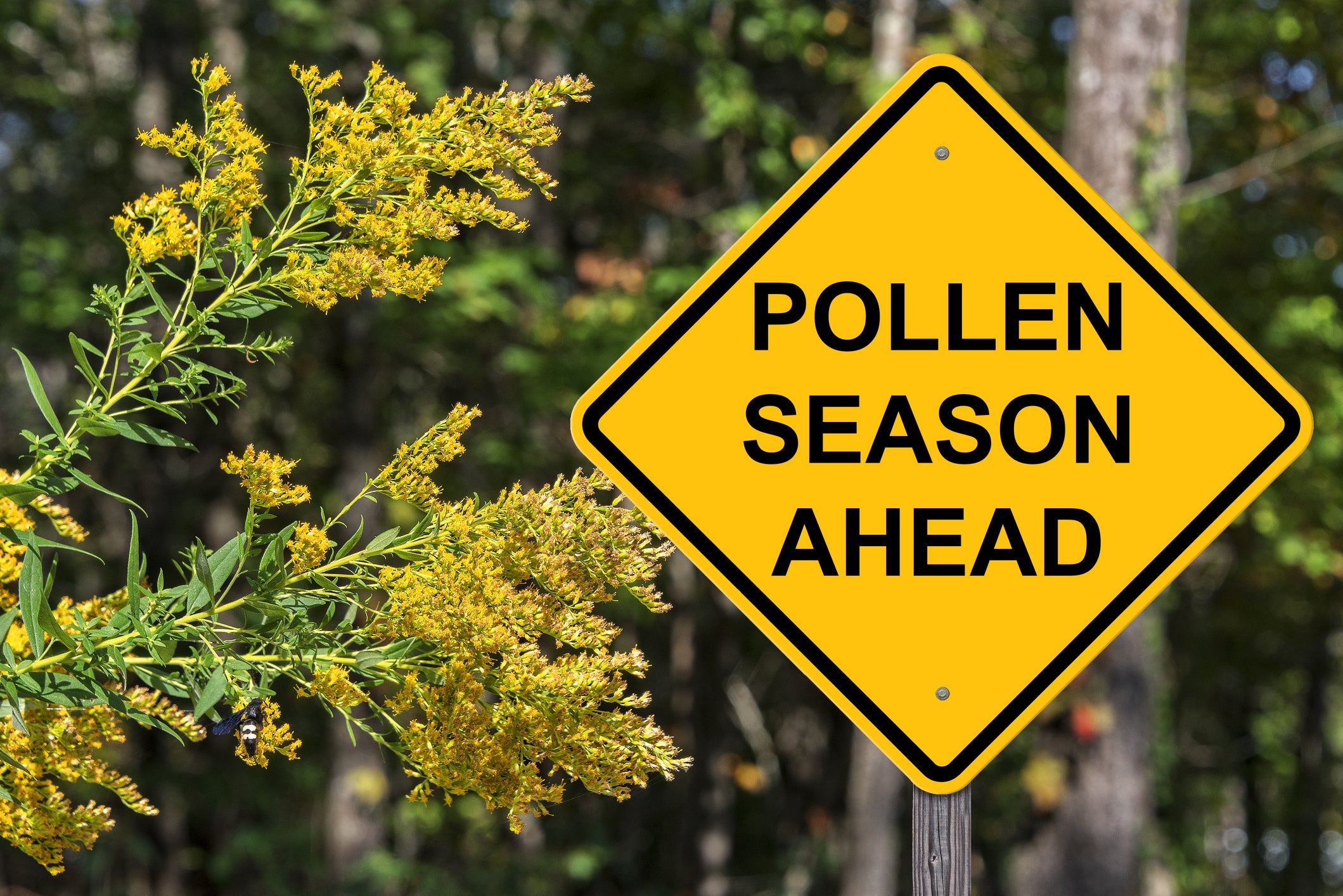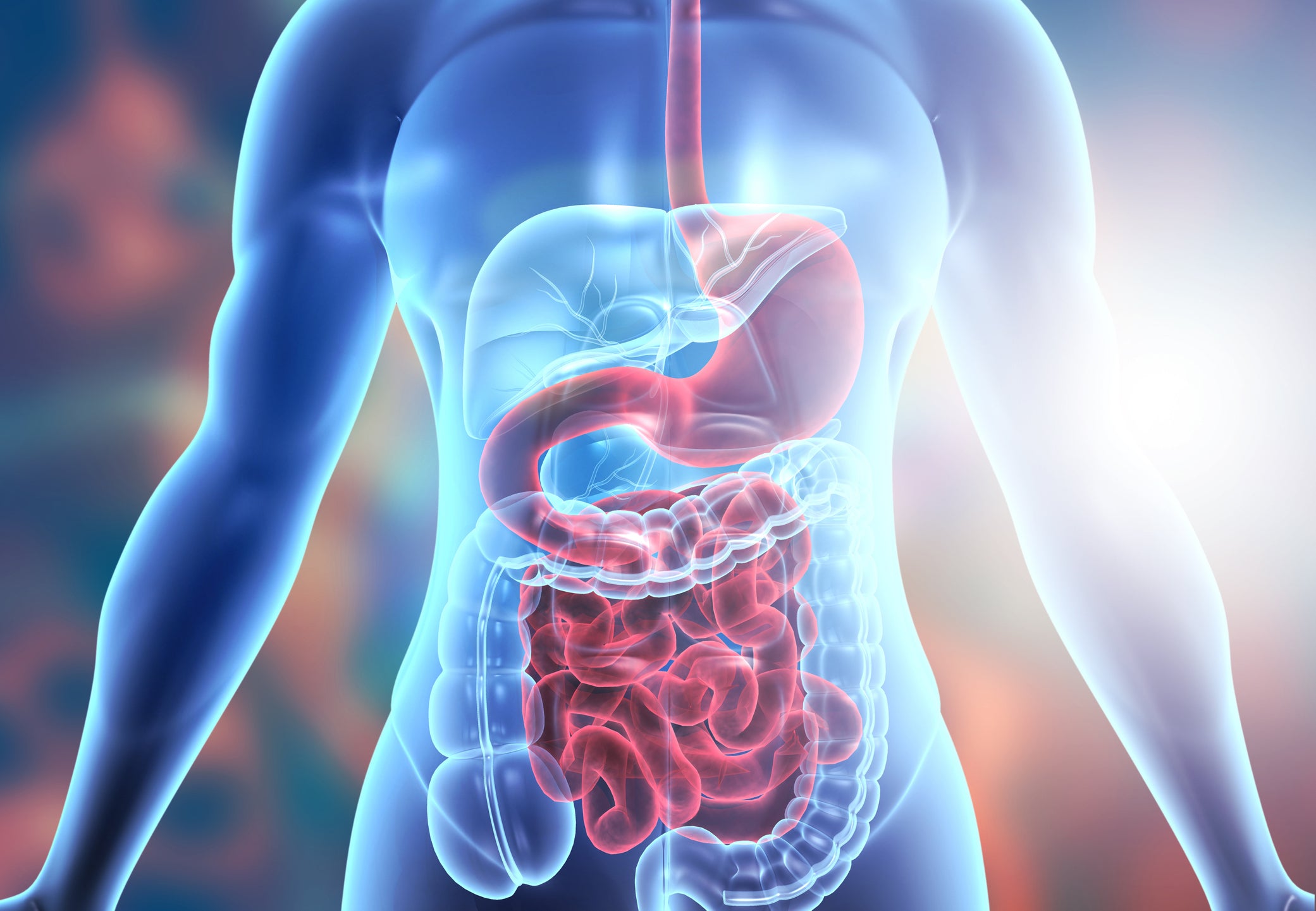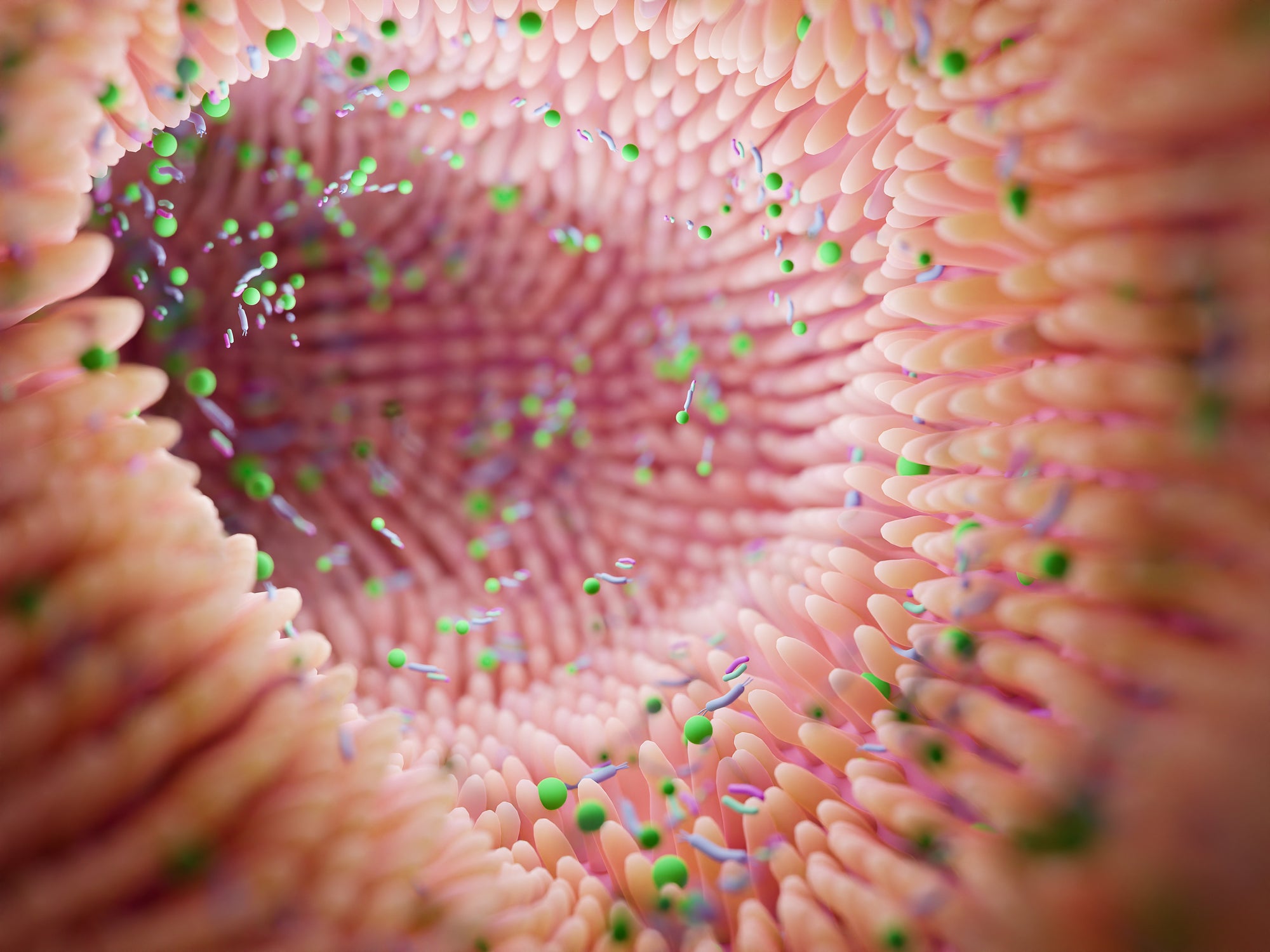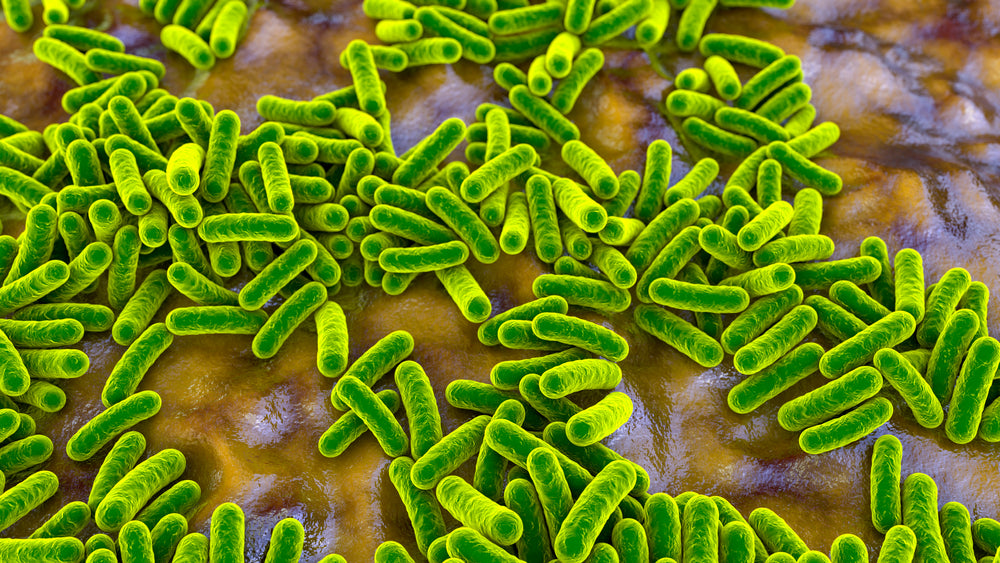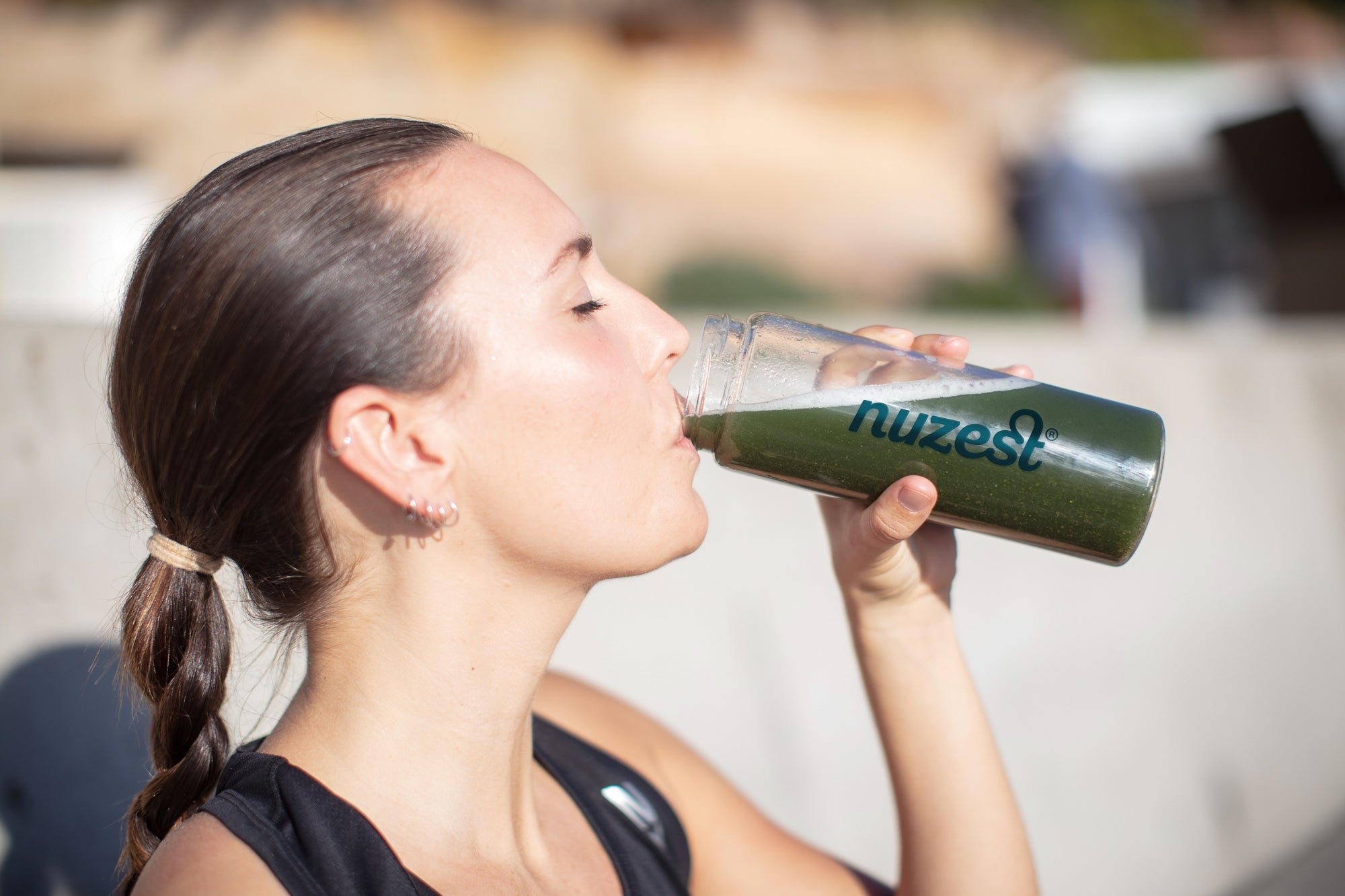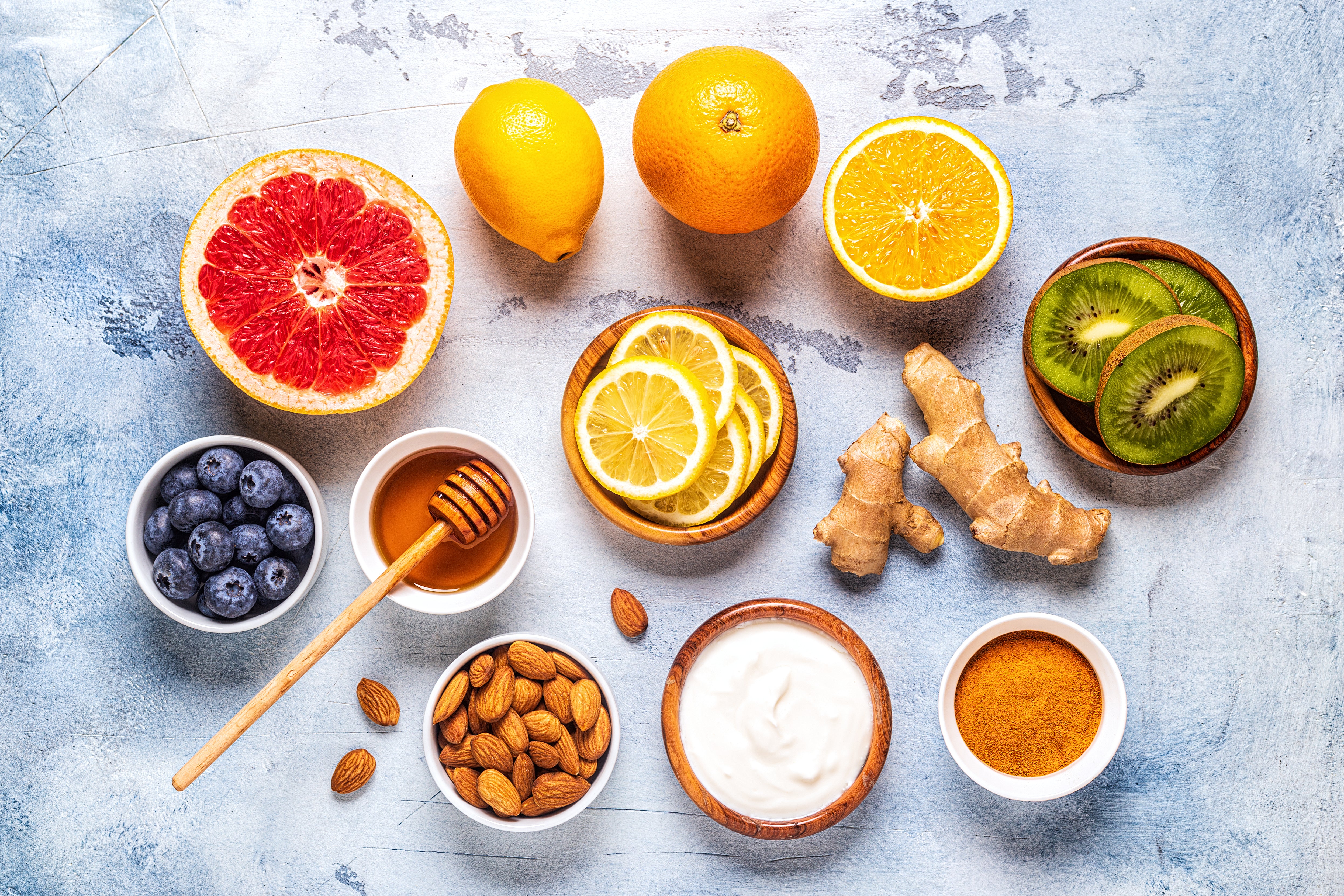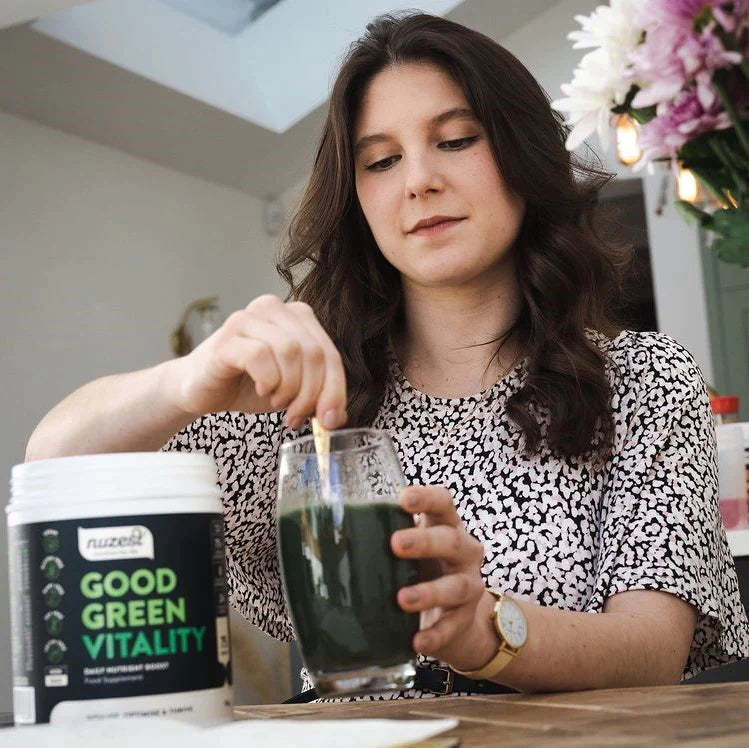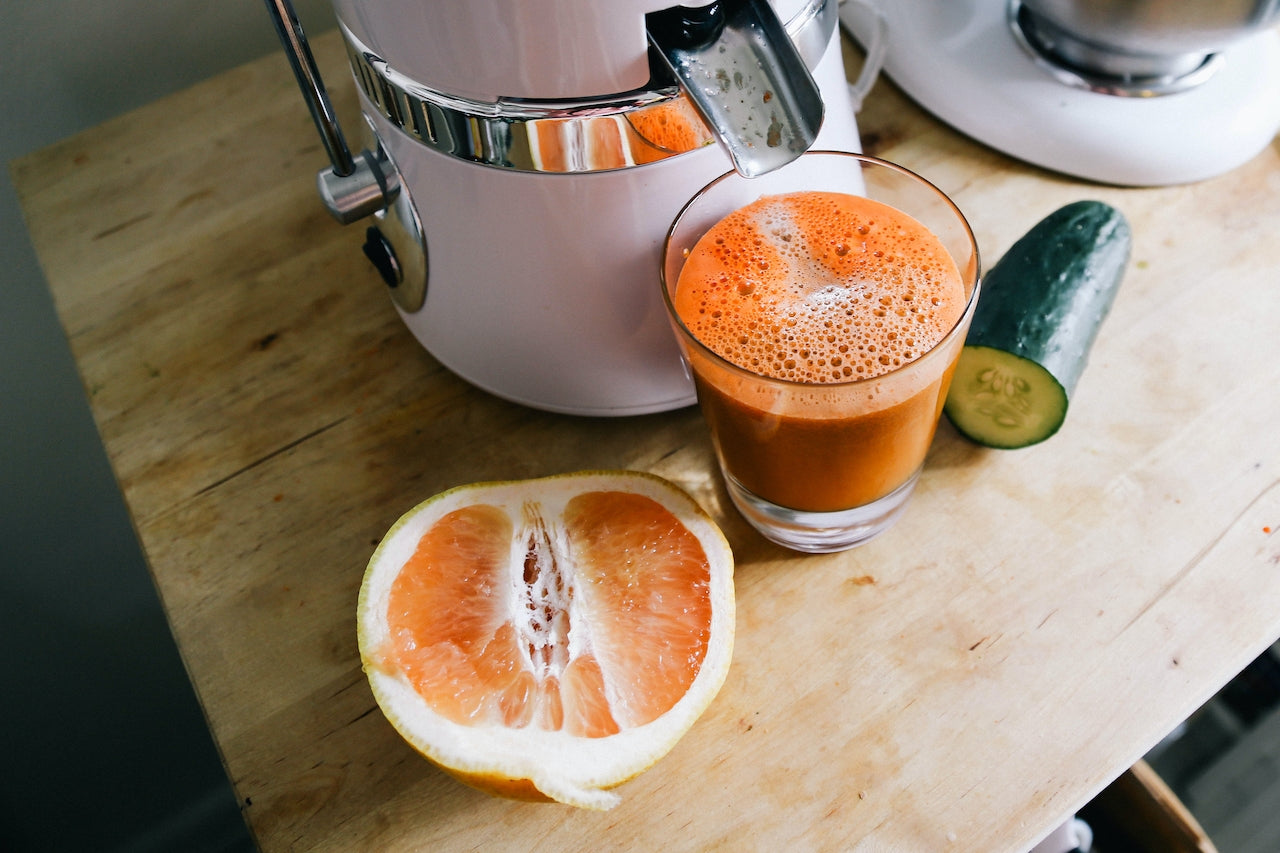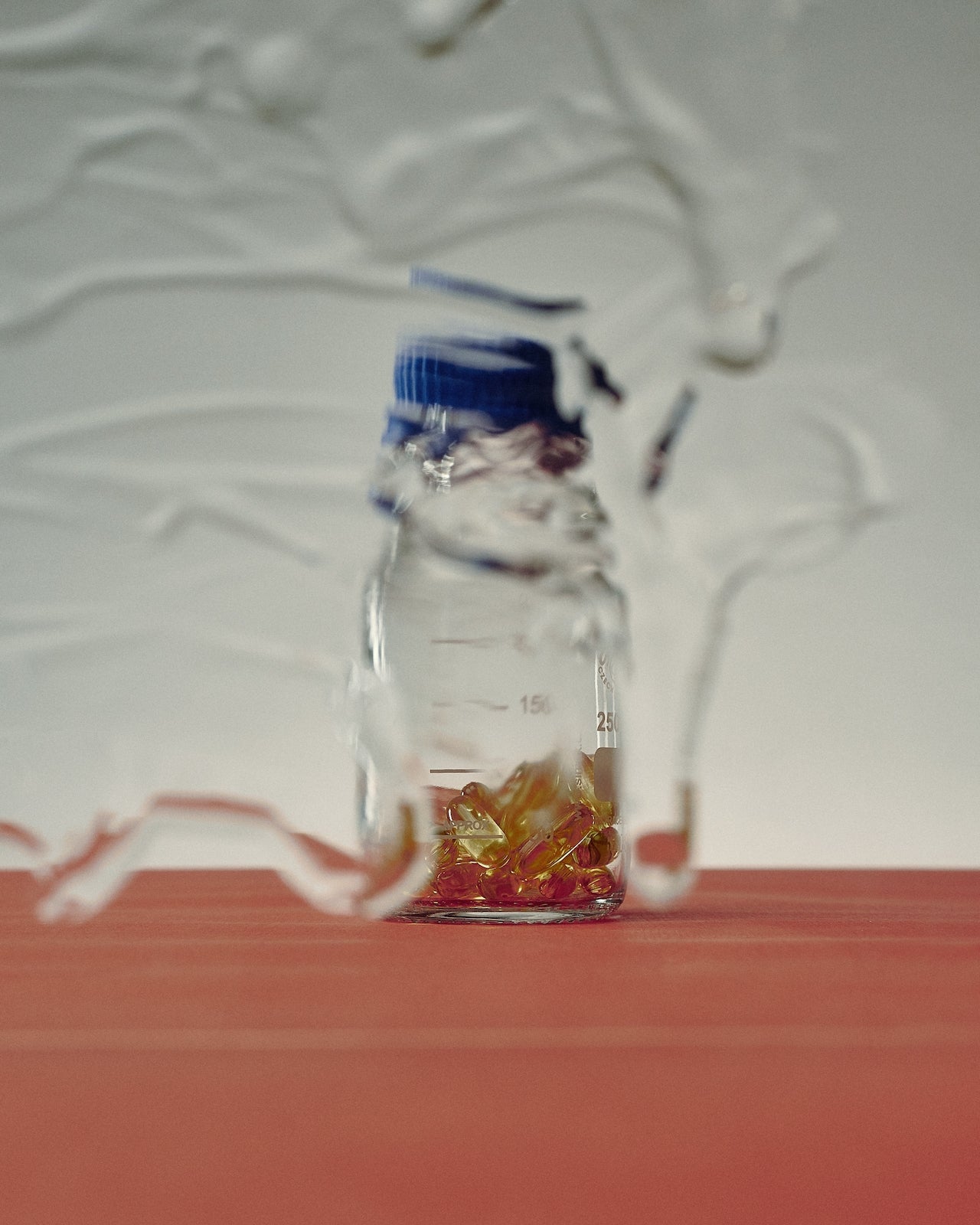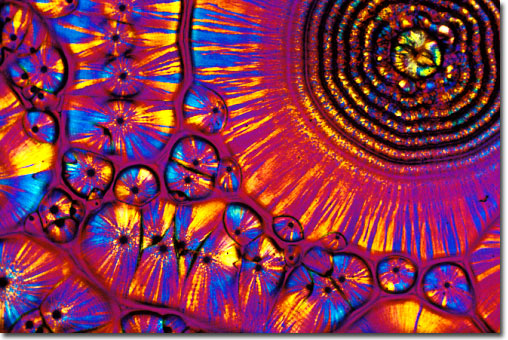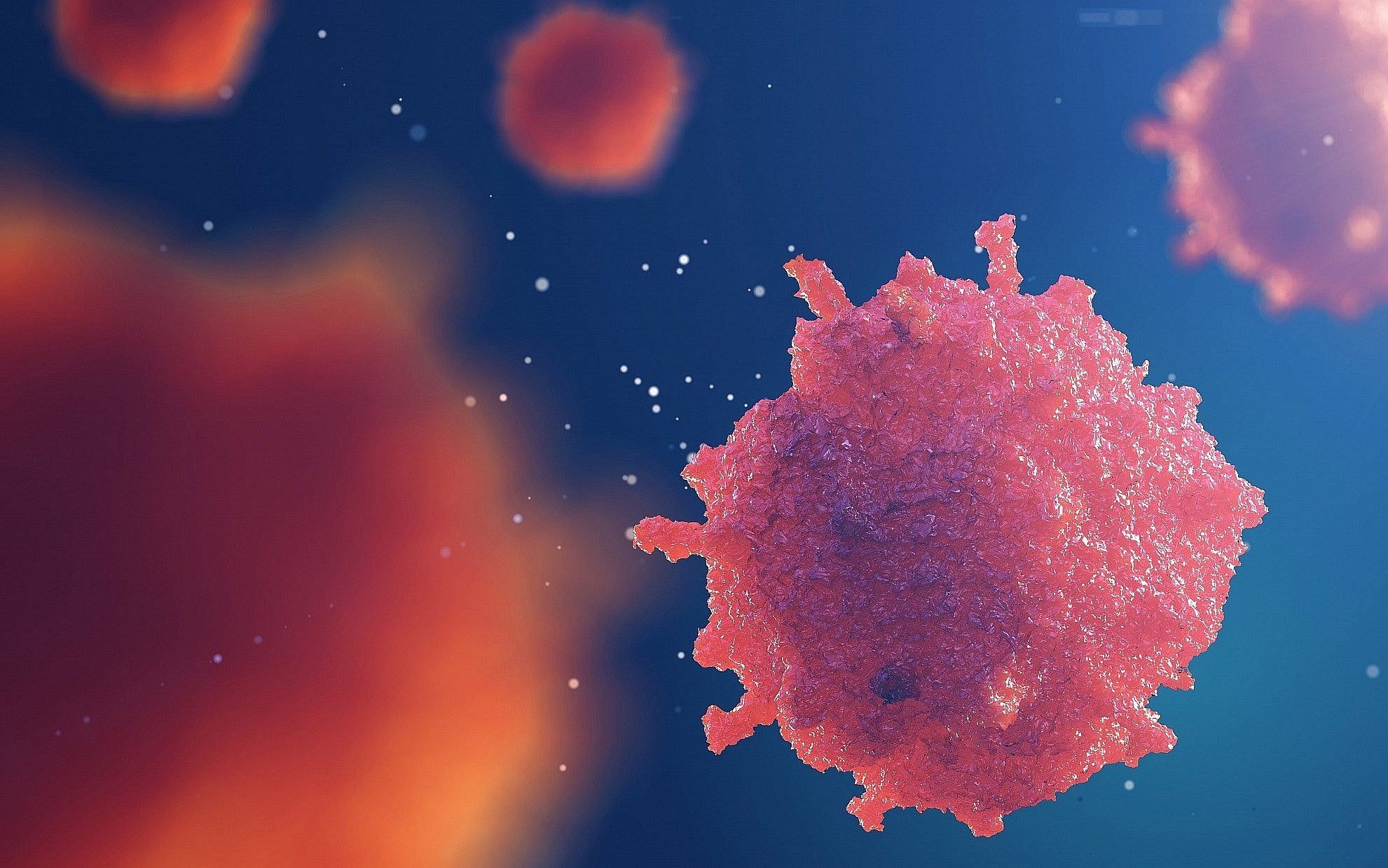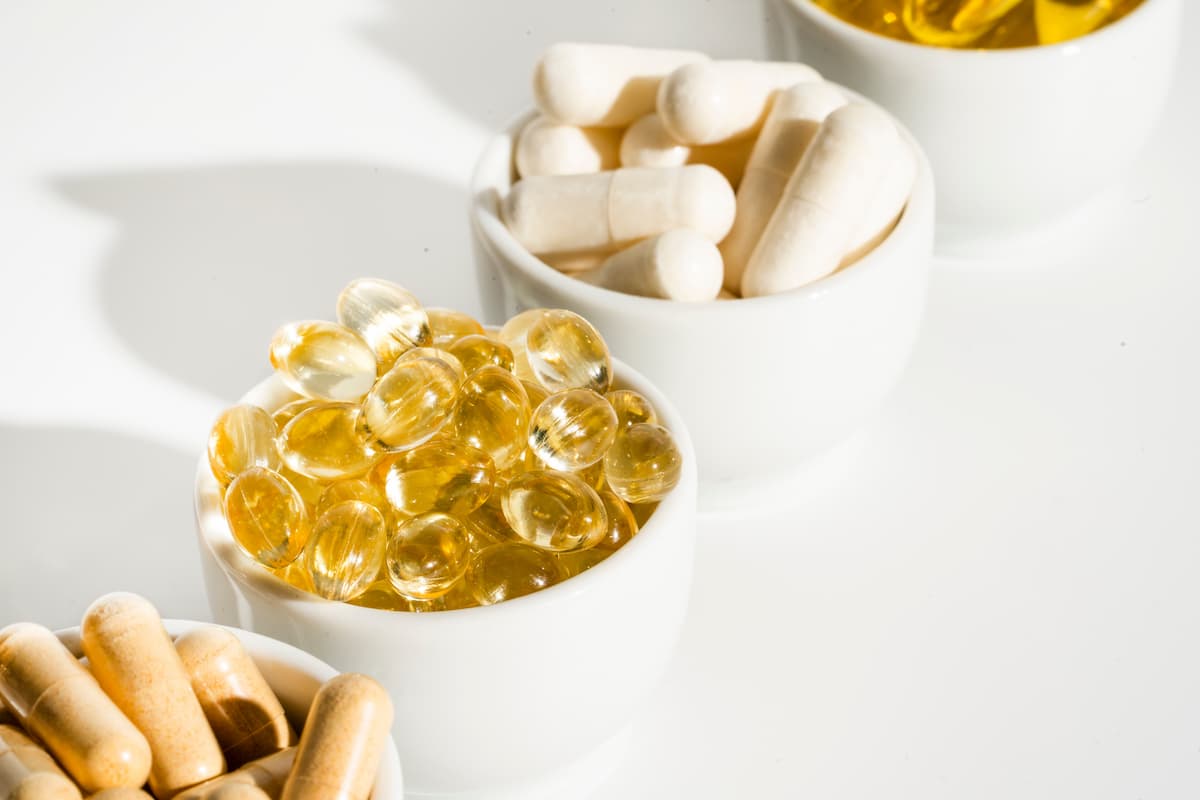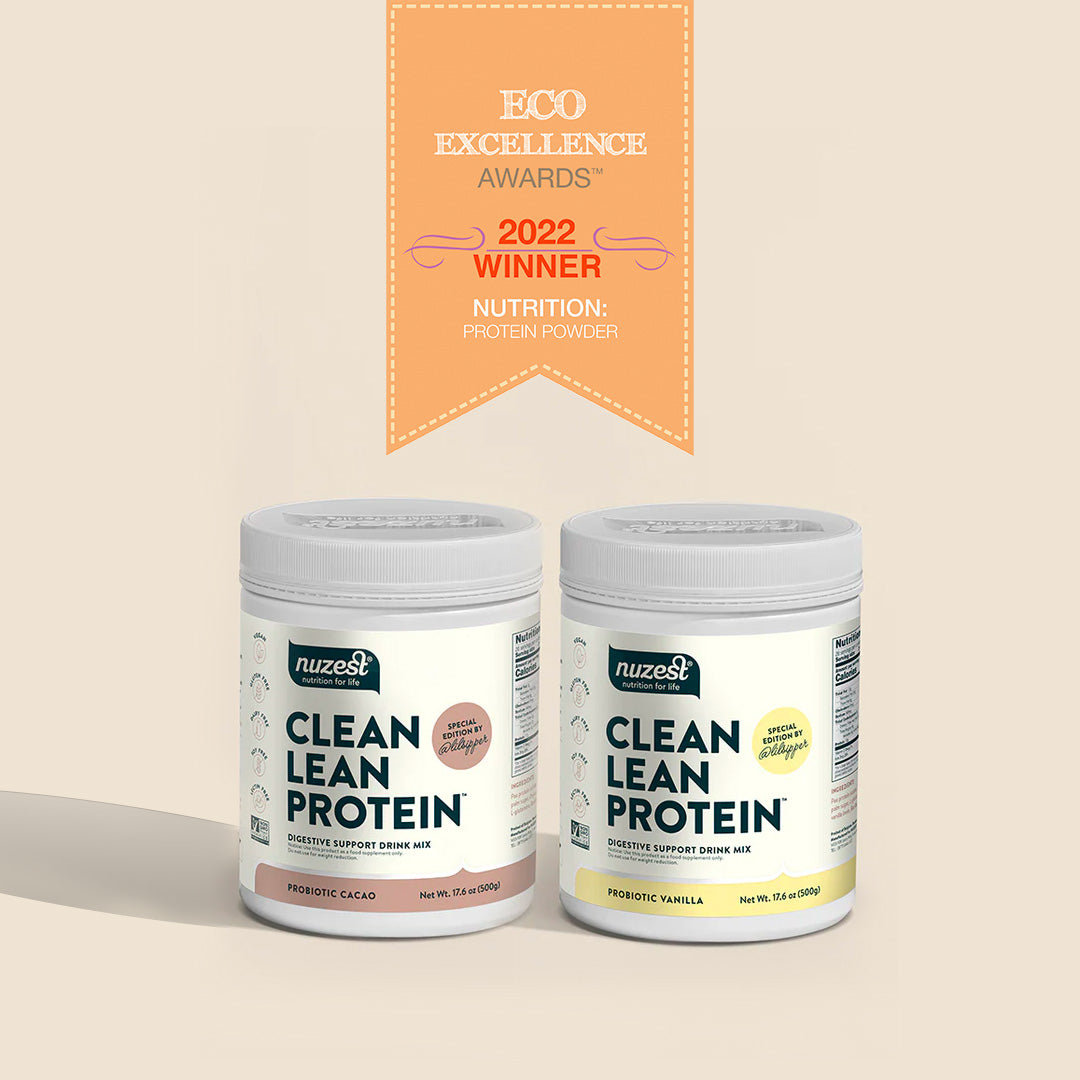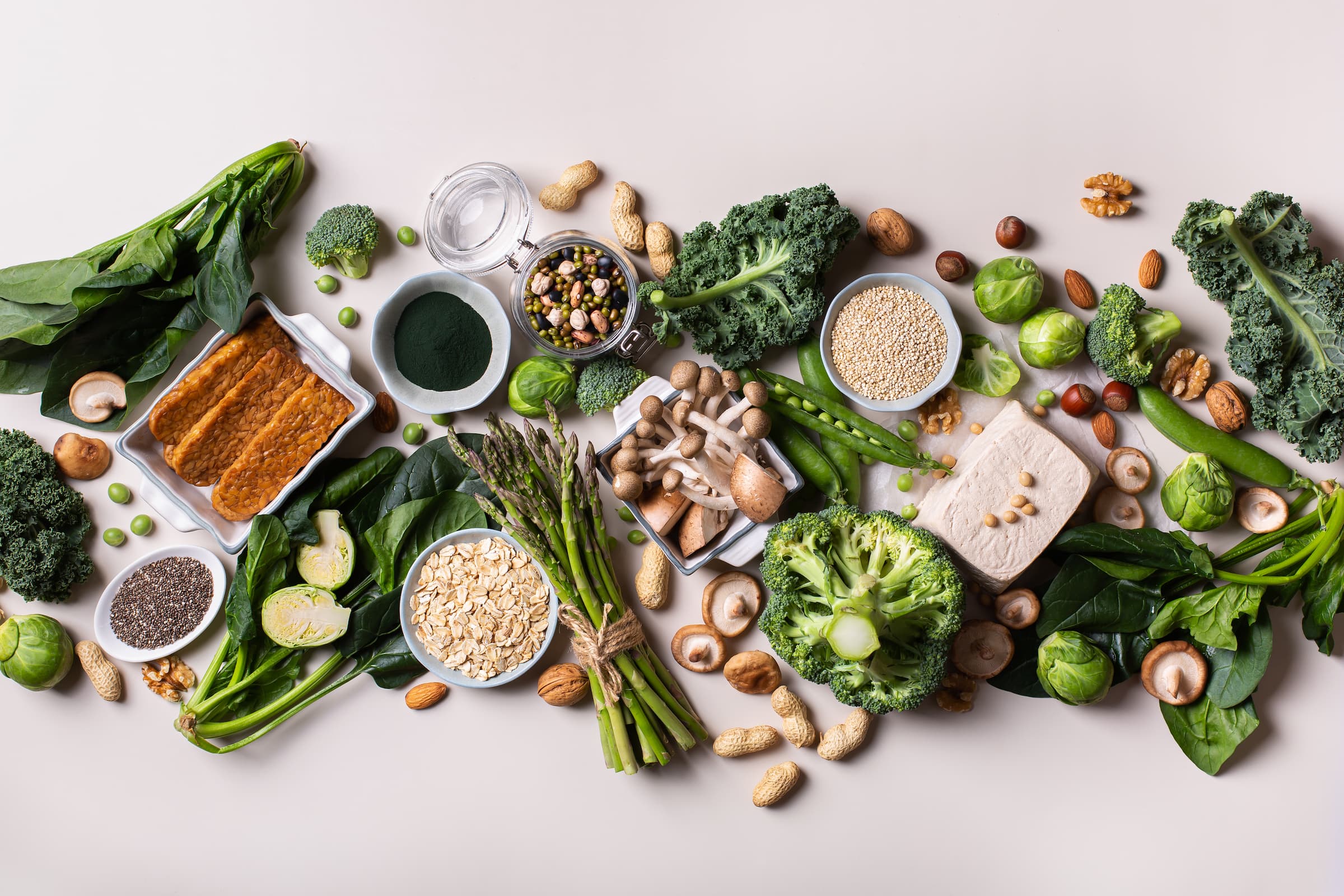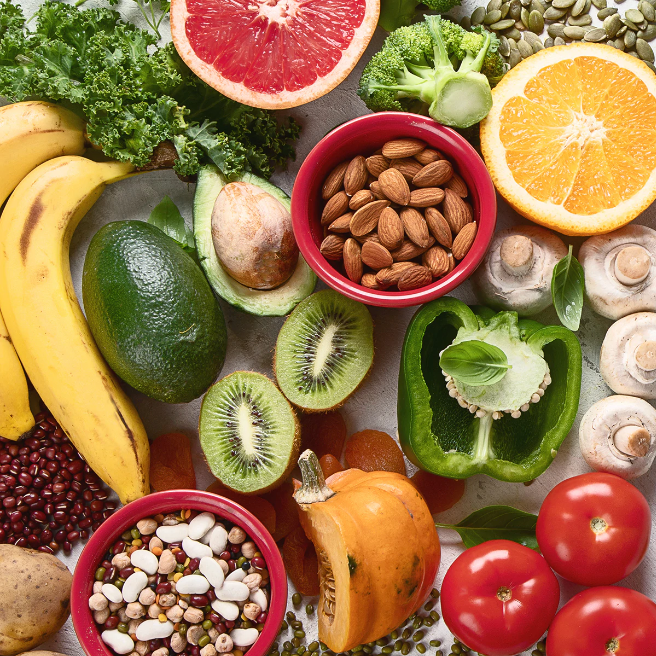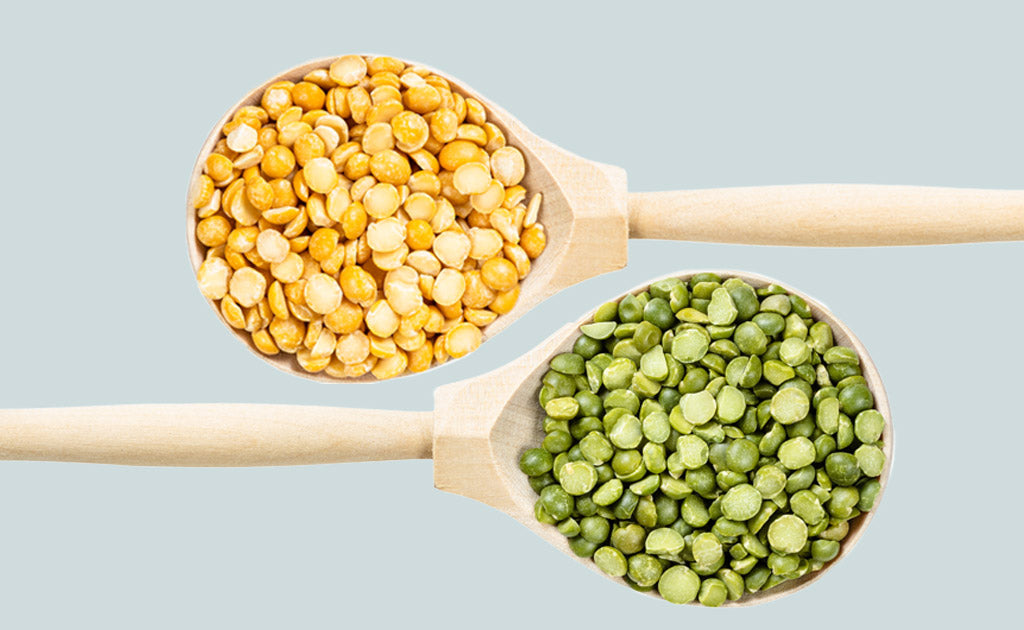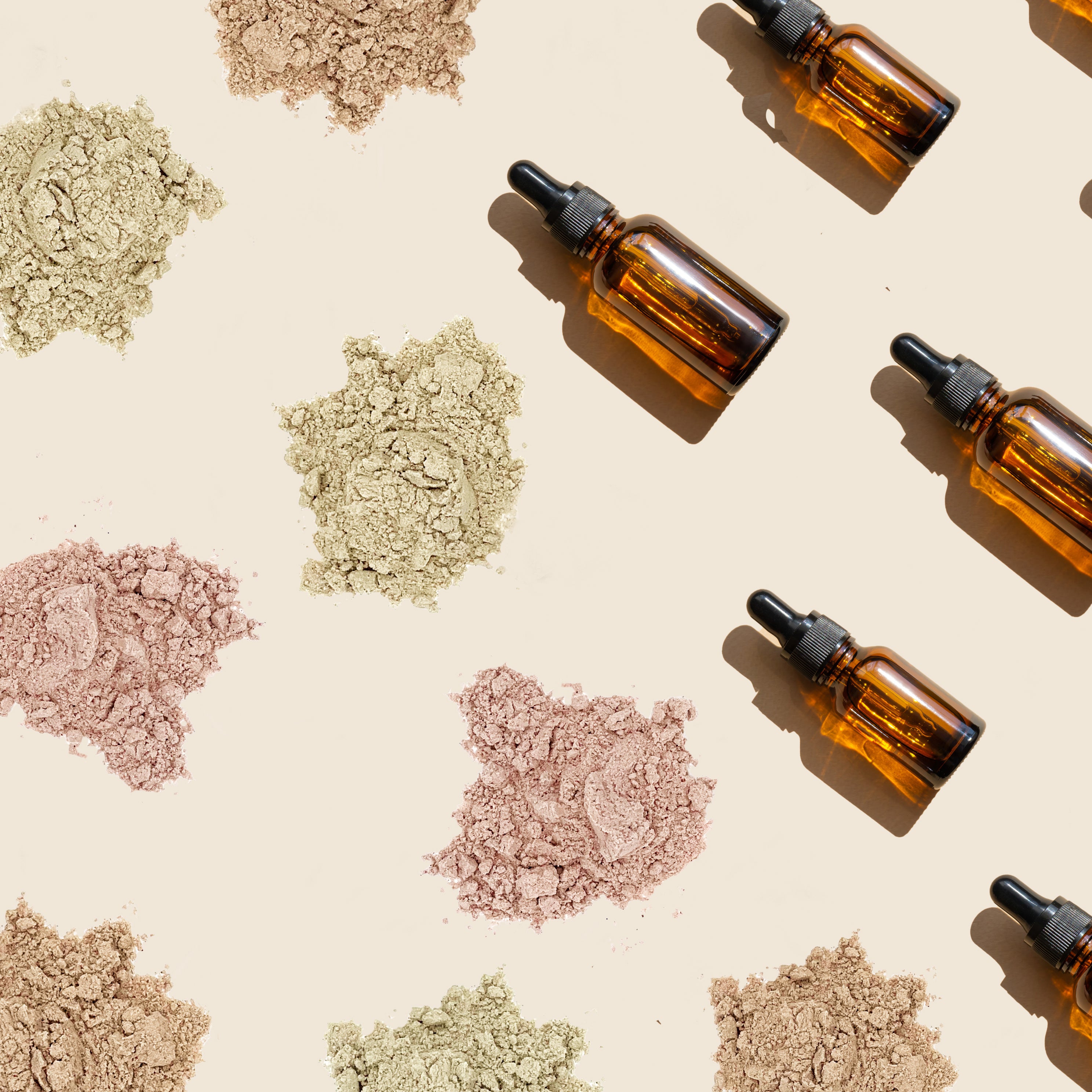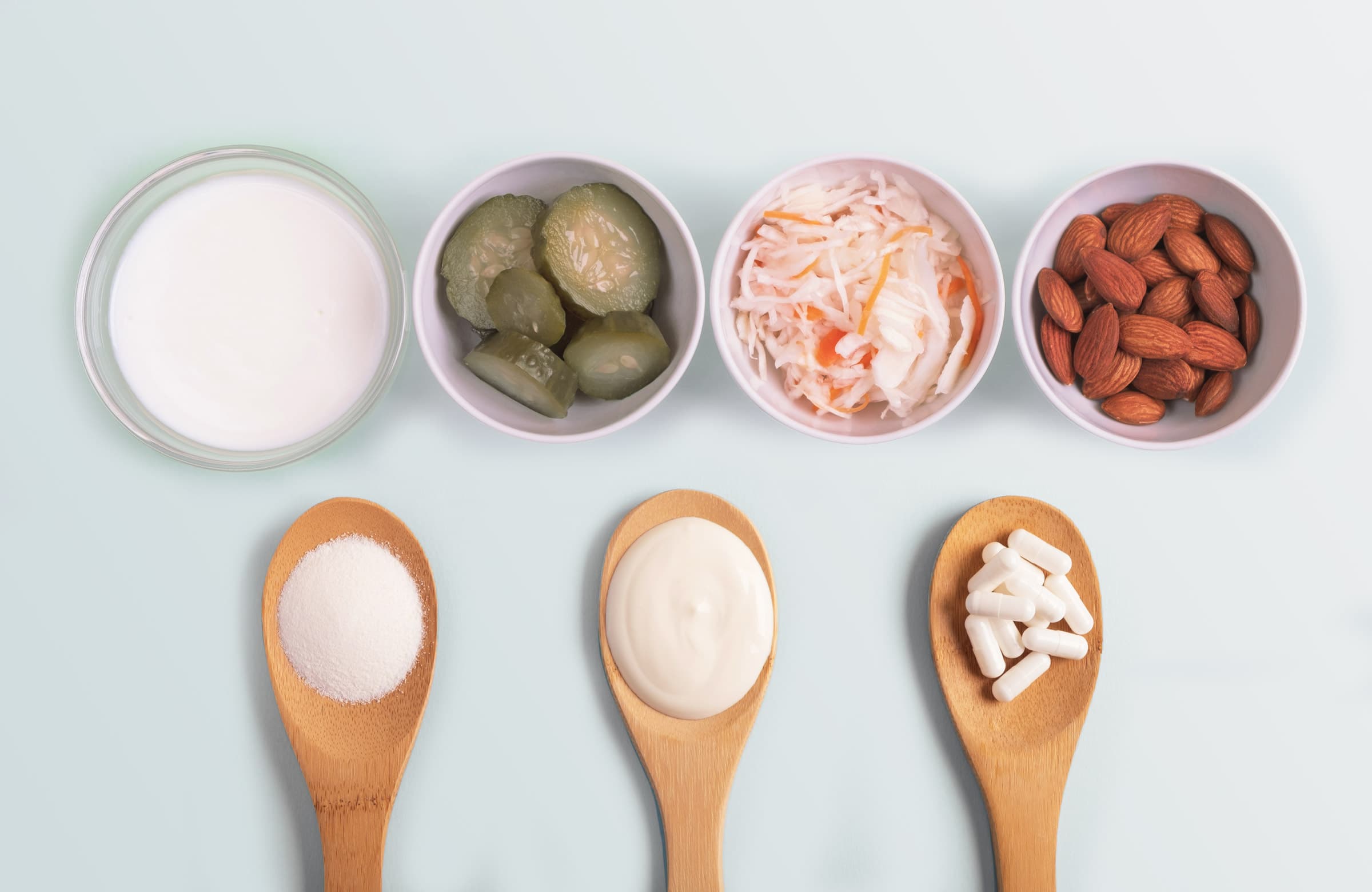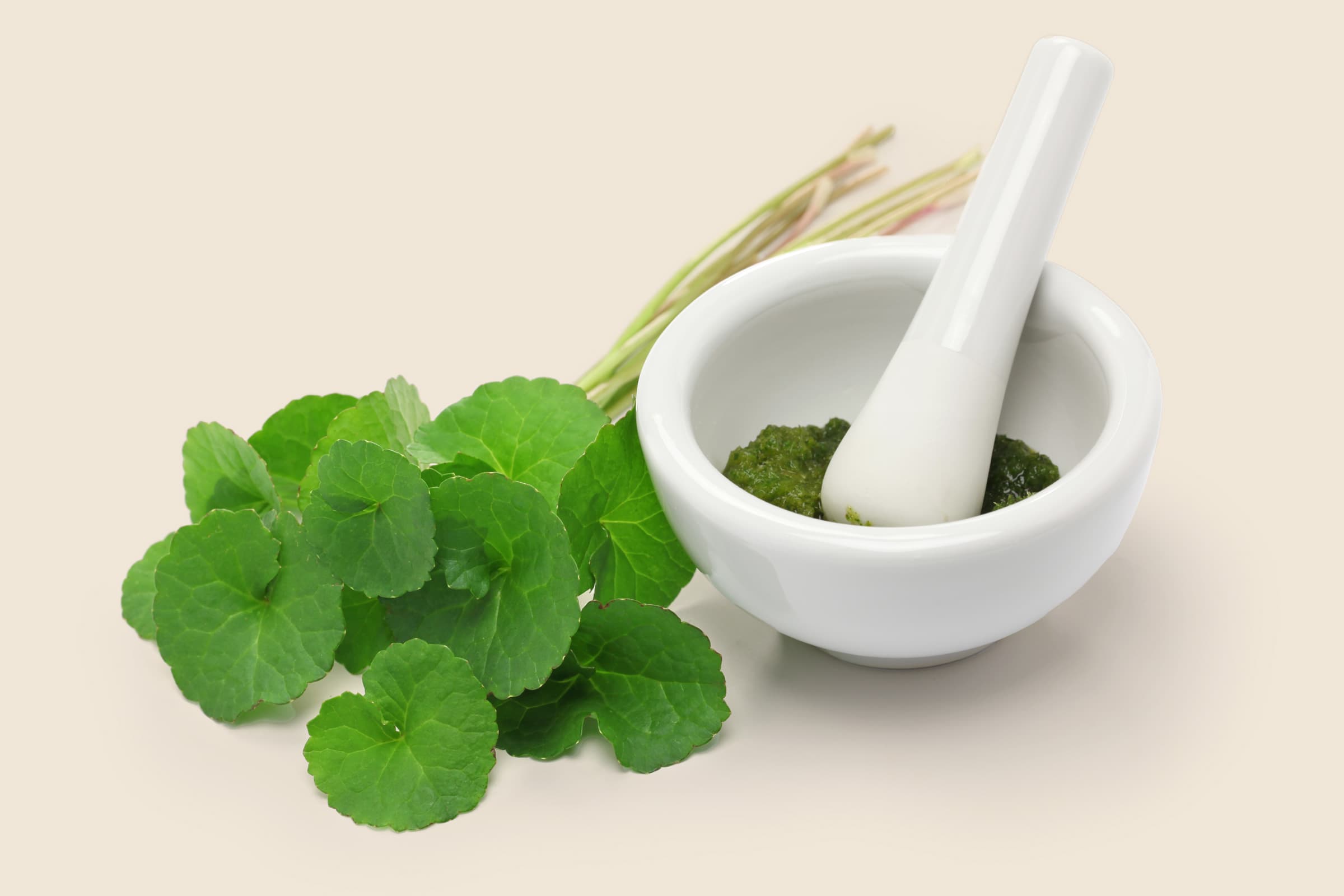Can you support the body WITHOUT the use of detox pills and potions? Around the world, inevitably 'detox' diets and ‘cleanses’ jostle for space in our news feed. It’s tough to not be sucked into these detox ads and testimonials, especially if you’ve over-indulged in food and booze, and burnt the candle at both ends over the festive season. Let’s face it, you’re going to feel less than optimal if you’ve been eating too much, eating processed and refined foods, and drinking too much alcohol… but are detoxes and cleanses really the answer? It’s fair to say that there is little evidence that detox diets and cleanses offer any clear benefit. There are few studies on the many ‘detox’ diets and ‘cleanses’ on the market and most of the claims are not backed by any amount of credible evidence or even plausible science. Read on to learn about detoxing the body without doing a detox.
Summary:
-
Weight loss on detox diets is likely due to calorie restriction, not the elimination of toxins
-
In a healthy body, the liver does a great job of detoxification
-
‘Poison is in the dosage’ – there are few if any ‘bad’ foods and all chemicals only become dangerous at a particular dose and exposure
Don’t ‘Tox’
One of the reasons people feel like they need to ‘detox’ is because they are introducing toxic chemicals to the body through smoking, plastics and excessive drinking. In these cases, the fix is clear—stop smoking, reduce your use of plastics—especially for storing and cooking food, and reduce your alcohol intake to safe amounts.
Support the body… don’t ‘detox’
The body does a great job of detoxing all on its own and we can see from the available evidence that the body doesn’t need extreme diets and 'detox' programs, but instead benefits from the addition of health-promoting nutrients and pragmatic lifestyle changes. One of the key things to understand is that many ‘detox’ diets unnecessarily remove foods that may be beneficial (such as coffee, meat, eggs) or are simply starvation diets. Taking an additive, rather than a subtractive approach to nutrition, exercise and sleep is the best way to support natural, innate detoxification…without having to 'detox'.
Take-home tips:
1. Don’t overindulge
The simplest way to not suffer the damage associated with toxicants is to not ingest them! Stopping smoking and limiting alcohol to safe amounts are the first, and most important step.
2. Get enough sleep
We all know the importance of sleep for overall health but recent research also suggests that waste products of metabolic processes in the brain are removed at a faster rate during sleep11.
3. Meditate
Does meditation aid detoxification? I don’t know of any research suggesting that…but it’s clear that mindfulness exercises help us to stick to healthy eating, exercise and reduce stress.
4. Eat 80% whole, unprocessed foods (preferably organic)
Focusing on whole, unprocessed foods is a proven way to improve satiety and lose weight. It also provides many of the beneficial nutrients that help support the body’s own detoxification pathways and is likely lower in chemical residues that may be harmful.
5. Eat 9 servings of vegetables per day
Many of us don’t eat enough vegetables. By focusing on vegetable intake, we help to ensure that we are eating enough of the micronutrients that aid detoxification in the body, along with gut-supporting fibers and resistant starches.
6. Take a multi-nutrient or multi-vitamin
Many of us still do not get enough of many essential vitamins and minerals (including Vitamins A, B1, B6 and B12, and zinc and selenium) from diet alone12. Taking a broad spectrum multi-nutrient formula also include supportive nutrients (such as bioflavonoids), whole plant foods, and some of the oxidation reducing herbs and spices (curcumin, milk thistle, dandelion) can help to support the body’s own detox systems.
7. Eat sufficient protein
Several amino acids from protein are required for liver detox pathways. If you are active or aging the RDA amount of 0.8g of protein per kg body weight per day is unlikely to meet your needs. At least 1.5 times this amount is considered sufficient to meet your needs. Eating a portion (1-2 palm sizes) of a quality protein food (meat, chicken, fish, eggs, sprouted lentils, tofu or tempeh) will help you meet this requirement. For convenience, a quality protein, such as Nuzest Clean Lean Protein, can provide a protein-based meal in the form of a smoothie.
8. Eat extra omega 3 fats
Omega 3 fats help to regulate inflammation. Good sources include oily fish, walnuts, pumpkin seeds and flaxseeds.
9. Move!
Exercise helps to encourage efficient lymphatic clearance of metabolic waste products. It can also help to improve blood sugar control over time and thereby reduce excessive glycation and oxidation that can further damage cells. What’s more, sweating has also been demonstrated to be a viable way to help remove toxins13 and exercise can also increase the exhaled elimination of some toxins 14, 15
10. Reduce use of plastics
Research shows that BPA found in plastic storage products is a hormone disruptor, affecting oestrogen receptors, thyroid hormone receptors and others. BPS and BPF are increasingly used in place of BPA, but they are chemically very similar and their effects may be likewise very similar.
References
-
El-Desoky, G.E., et al., Improvement of mercuric chloride-induced testis injuries and sperm quality deteriorations by Spirulina platensis in rats. PLoS One, 2013. 8(3): p. e59177.
-
Karadeniz, A., M. Cemek, and N. Simsek, The effects of Panax ginseng and Spirulina platensis on hepatotoxicity induced by cadmium in rats. Ecotoxicol Environ Saf, 2009. 72(1): p. 231-5.
-
Ola-Mudathir, K.F., et al., Protective roles of onion and garlic extracts on cadmium-induced changes in sperm characteristics and testicular oxidative damage in rats. Food and Chemical Toxicology, 2008. 46(12): p. 3604-3611.
-
Eybl, V., D. Kotyzova, and J. Koutensky, Comparative study of natural antioxidants – curcumin, resveratrol and melatonin – in cadmium-induced oxidative damage in mice.Toxicology, 2006. 225(2–3): p. 150-156.
-
Milton Prabu, S., K. Shagirtha, and J. Renugadevi, Quercetin in combination with vitamins (C and E) improves oxidative stress and renal injury in cadmium intoxicated rats. Eur Rev Med Pharmacol Sci, 2010. 14(11): p. 903-14.
-
Messaoudi, I., et al., Protective Effects of Selenium, Zinc, or Their Combination on Cadmium-Induced Oxidative Stress in Rat Kidney. Biological Trace Element Research, 2009. 130(2): p. 152-161.
-
Daniel, S., et al., Through metal binding, curcumin protects against lead- and cadmium-induced lipid peroxidation in rat brain homogenates and against lead-induced tissue damage in rat brain. Journal of Inorganic Biochemistry, 2004. 98(2): p. 266-275.
-
Takekoshi, H., et al., Effect of Chlorella pyrenoidosa on fecal excretion and liver accumulation of polychlorinated dibenzo-p-dioxin in mice. Chemosphere, 2005. 59(2): p. 297-304.
-
Abenavoli, L., et al., Milk thistle in liver diseases: past, present, future. Phytother Res, 2010.24(10): p. 1423-32.
-
Feher, J. and G. Lengyel, Silymarin in the prevention and treatment of liver diseases and primary liver cancer. Curr Pharm Biotechnol, 2012. 13(1): p. 210-7.
-
Xie, L., et al., Sleep Drives Metabolite Clearance from the Adult Brain. Science, 2013.342(6156): p. 373-377.
-
University of Otago and Ministry of Health., A Focus on Nutrition: Key findings of the 2008/09 New Zealand Adult Nutrition Survey. 2011: Wellington.
-
Genuis, S.J., et al., Blood, urine, and sweat (BUS) study: monitoring and elimination of bioaccumulated toxic elements. Arch Environ Contam Toxicol, 2011. 61(2): p. 344-57.
-
Nadeau, V., et al., Effect of Physical Exertion on the Biological Monitoring of Exposure of Various Solvents Following Exposure by Inhalation in Human Volunteers: I. Toluene. Journal of Occupational and Environmental Hygiene, 2006. 3(9): p. 481-489.
-
Tardif, R., et al., Effect of Physical Exertion on the Biological Monitoring of Exposure to Various Solvents Following Exposure by Inhalation in Human Volunteers: II. n-Hexane.Journal of Occupational and Environmental Hygiene, 2007. 4(7): p. 502-508.
-
Kim, M.J., et al., Lemon detox diet reduced body fat, insulin resistance, and serum hs-CRP level without hematological changes in overweight Korean women. Nutr Res, 2015. 35(5): p. 409-20.
-
Mohammadi, D., You can’t detox your body. It’s a myth. So how do you get healthy? 2014, @guardian.
-
Harvey, C., Is there a ‘safe’ level of alcohol consumption? Holistic Performance Nutrition, 2016.
-
Gargouri, M., et al., Spirulina or dandelion-enriched diet of mothers alleviates lead-induced damages in brain and cerebellum of newborn rats. Food Chem Toxicol, 2012. 50(7): p. 2303-10.
-
Uchikawa, T., et al., The influence of Parachlorella beyerinckii CK-5 on the absorption and excretion of methylmercury (MeHg) in mice. The Journal of Toxicological Sciences, 2010. 35(1): p. 101-105.
-
Uchikawa, T., et al., The enhanced elimination of tissue methylmercury in Parachlorella beijerinckii-fed mice. The Journal of Toxicological Sciences, 2011. 36(1): p. 121-126.
-
Misbahuddin, M., et al., Efficacy of spirulina extract plus zinc in patients of chronic arsenic poisoning: a randomized placebo-controlled study. Clin Toxicol (Phila), 2006. 44(2): p. 135-41.
-
Doshi, H., A. Ray, and I.L. Kothari, Biosorption of cadmium by live and dead Spirulina: IR spectroscopic, kinetics, and SEM studies. Curr Microbiol, 2007. 54(3): p. 213-8.
-
Heck, J.E., et al., Consumption of folate-related nutrients and metabolism of arsenic in Bangladesh. The American journal of clinical nutrition, 2007. 85(5): p. 1367-1374.
-
Rogers, S.A., Lipoic Acid as a Potential First Agent for Protection from Mycotoxins and Treatment of Mycotoxicosis. Archives of Environmental Health: An International Journal, 2003. 58(8): p. 528-532.
-
Alcaraz-Contreras, Y., et al., Effect of Glycine on Lead Mobilization, Lead-Induced Oxidative Stress, and Hepatic Toxicity in Rats. Journal of Toxicology, 2011. 2011.
-
Nandi, D., R.C. Patra, and D. Swarup, Effect of cysteine, methionine, ascorbic acid and thiamine on arsenic-induced oxidative stress and biochemical alterations in rats. Toxicology, 2005. 211(1–2): p. 26-35.
